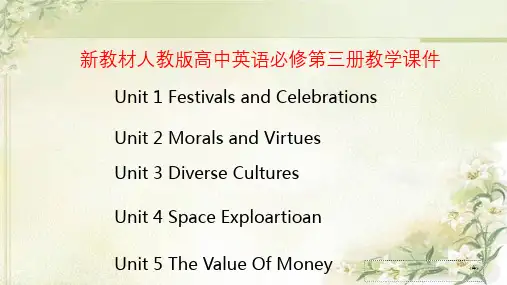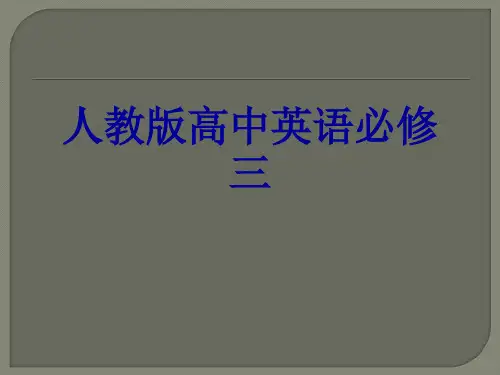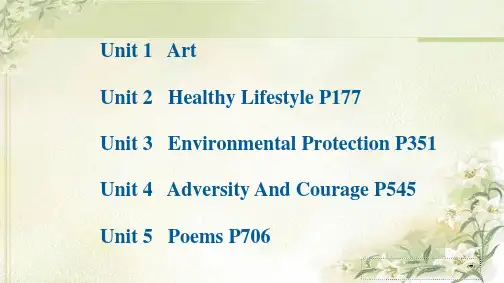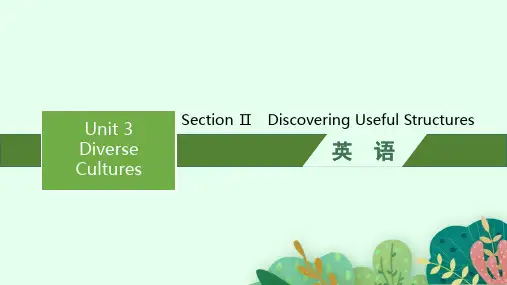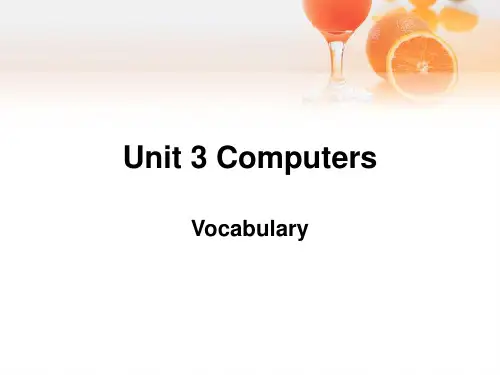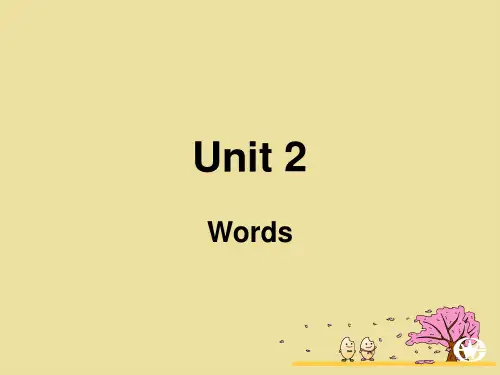5.不定式to后省略动词 通常为了避免重复,在语意明确的语境中,做宾语或宾语补足语的不定式 to后可省略动词。该用法常用于would like,love,hope,wish,expect,refuse,mean,try,forget,prefer等动词或短语之后。
—Will you go with me? —Well,I’d like to (go with you). ——你愿意跟我去吗? ——哦,我愿意。
. .
4.——明天天气会放晴吗?
——我希望这样。
—Will it clear up tomorrow?
—I
.
答案:hope so
5.当被提供帮助时,人们常说“谢谢”或“你太好了”。
When
,one often says “Thank you” or “It’s
kind of you”.
答案:offered help
Unit 3 Diverse Cultures
Section Ⅱ Discovering Useful Structures
英语
内容索引
走近新课 一起读文 语法探究 一起思考 随堂练习
走近新课 一起读文
阅读下列句子,写出画线部分的共同特点 1.I beg your pardon? 2.Is there anything I can do for you? 3.—Where has Mr Smith gone? —Sorry,I don’t know where he has gone. 4.—Would you like to come to the party? —I’d love to come to the party. 5.—To keep healthy,I’m going to do morning exercises. —It sounds like a good idea. 6.Some wild mushrooms are poisonous and some are not poisonous. 共同特点:___都__可__以__省__略______

